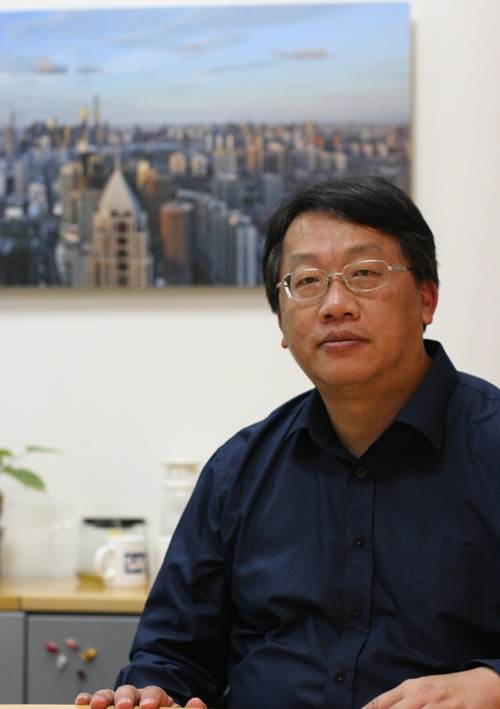个人简介:
Hang Li is chiefscientistof the Noah’s Ark Lab at Huawei.He is also adjunct professor of Peking University and Nanjing University. His research areas include information retrieval, natural language processing, statistical machine learning, and data mining. He graduated from Kyoto University in 1988 and earned his PhD from the University of Tokyo in 1998. He worked at the NEC lab in Japan during 1991 and 2001, and Microsoft Research Asia during 2001 and 2012.? He joined Huawei Technologies in 2012. Hang has more than 100 publications at top international journals and conferences, including SIGIR, WWW, WSDM, ACL, EMNLP, ICML, NIPS, and SIGKDD. He and his colleagues’ papers received the SIGKDD’08 best application paper award, the SIGIR’08 best student paper award, and the ACL’12 best student paper award. Hang has also been working on the development of several products. These include Microsoft SQL Server 2005, Microsoft Office 2007 and Office 2010, Microsoft Live Search 2008, Microsoft Bing 2009 and Bing 2010. He has also been very active in the research communities and served or is serving the top conferences and journals. For example, in 2012, he is track co-chair of the web search track of WWW'12; senior program committee members or area chairs of WSDM'12, KDD'12, CIKM'12, ACML'12, AIRS'12; co-chair of KDD'12 summer school, etc; and an editorial board member on the Journal of the American Society for Information Science, ACM Transaction on Intelligent Systems and Technology, and the Journal of Computer Science & Technology. |
报告摘要:
I will start my talk with an introduction to the Noah’s Ark Lab of Huawei and our vision on big data. I will then introduce our ongoing work on social information filtering. The ultimate goal of our project is to construct information assistants for users and help them to easily and quickly access information. At the first step, we consider leveraging the information on social media such as Twitter and Weibo for construction of information assistants. We call such an approach “social information filtering”. I will explain the basic problems of social information filtering, and discuss the technical challenges and potential solutions to the challenges. Finally, I will introduce our ongoing experiments on social information filtering at Weibo. |
![]() PPT下载]
PPT下载]


